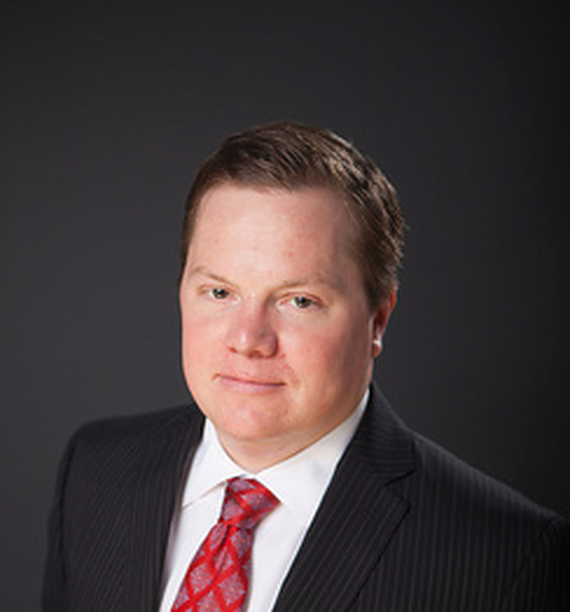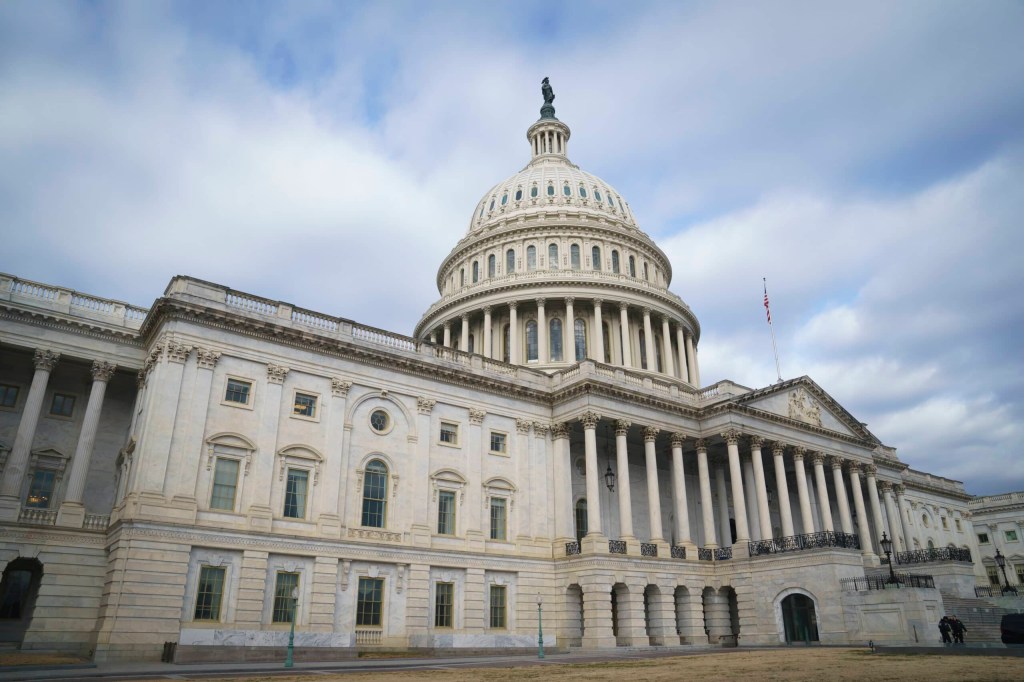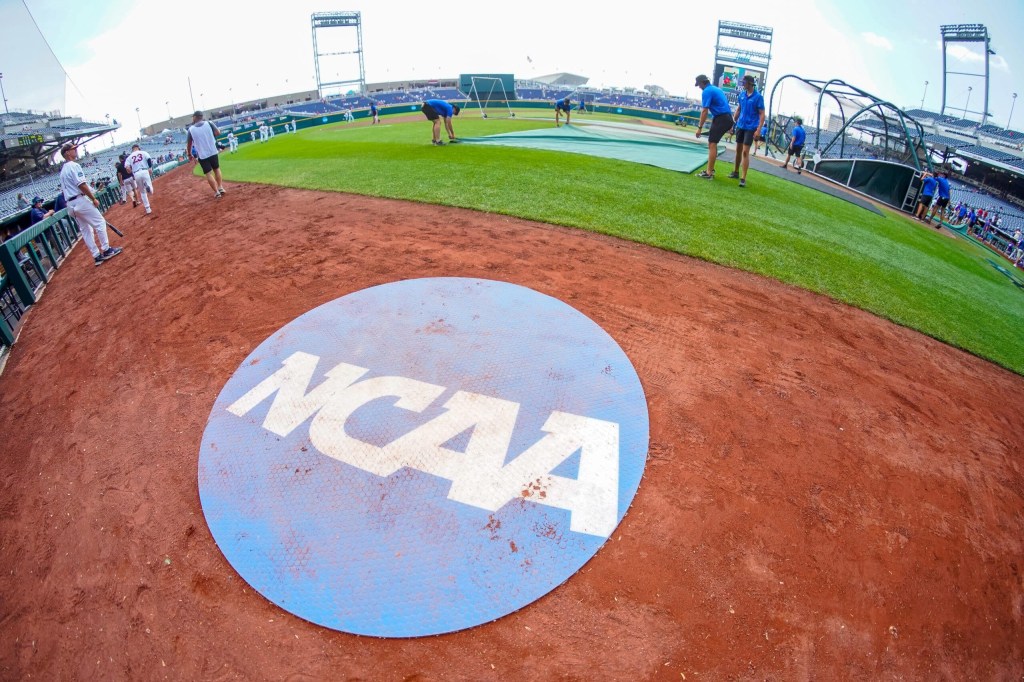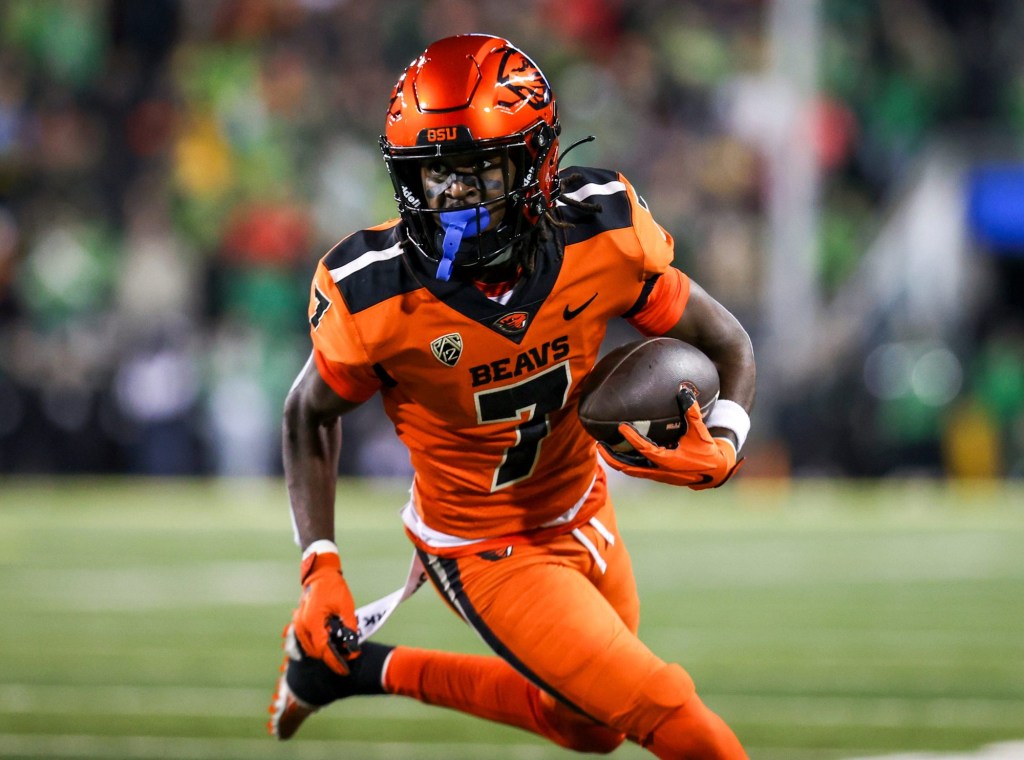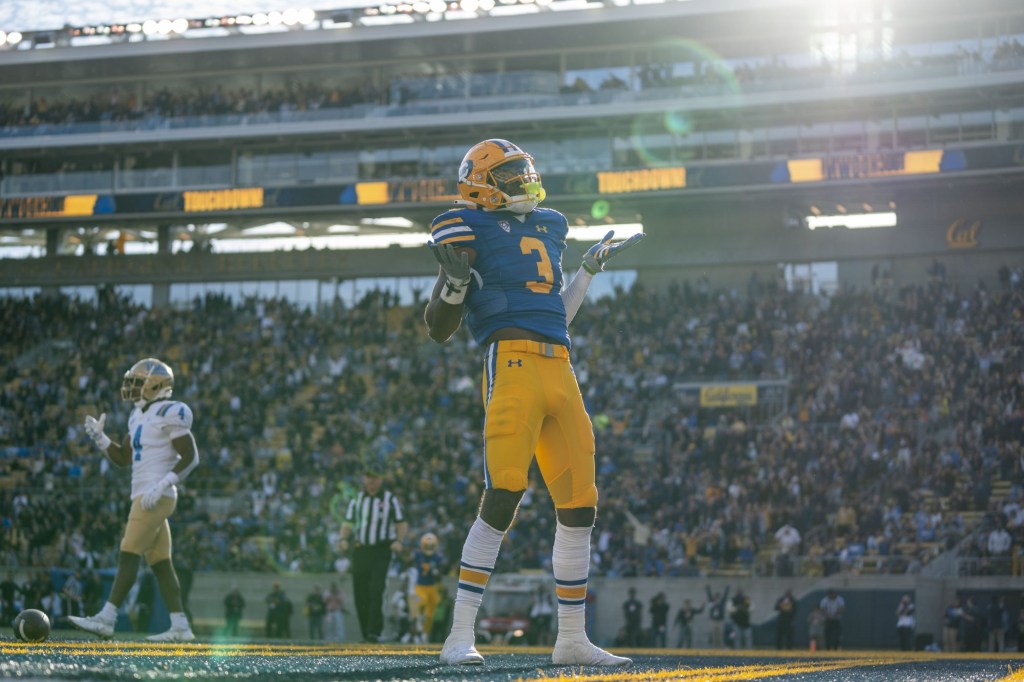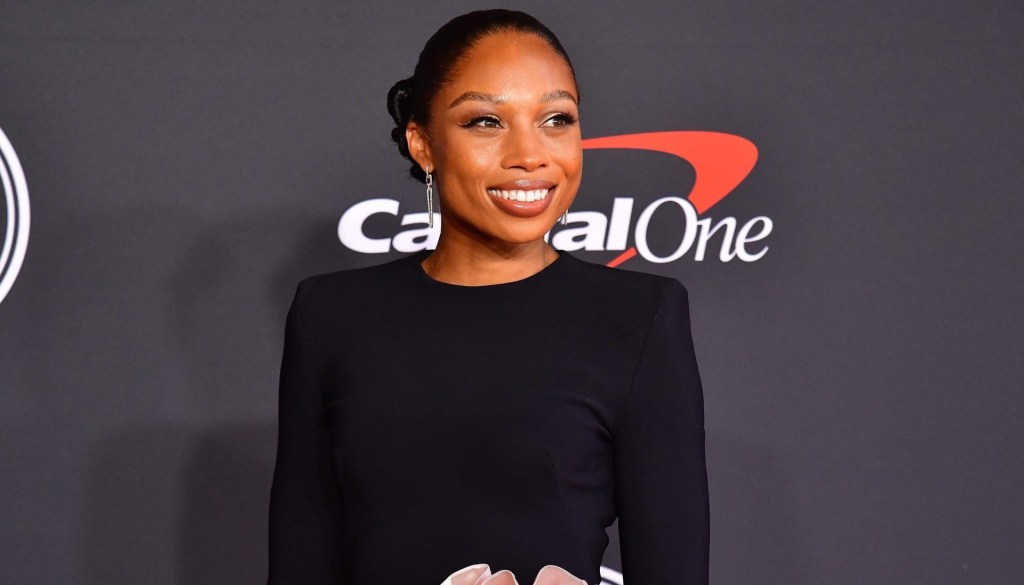By: Adam White, @FOSAdam

Front Office Sports is proud to have sat down with Brandon Leopoldus, President/ Attorney at The Leopoldus Professional Corporation. A former Minor League Umpire turned President of his law firm; Brandon has great experience both on and off the field. A true example of starting your way from the bottom, Brandon found himself in the front office of a Minor League team after his days of umpiring were over in which his biggest takeaway was that, “you have to be prepared to do everything.” He was gracious enough to offer up his time and insight into the world of not only umpiring in the minors but succeeding in the front office of a team, what it takes to survive your first job in sports and his reasons behind founding the National Sports Law Negotiation Competition.
From Minor League Umpire to President of your own law firm. What has the journey of the last 15 years been like for you?
It has been fluid. It wasn’t something that I expected to happen. When I was umpiring, I figured that I would continue to be an umpire. Once my umpiring career was over, I wanted to remain in sports so I went the intern route and interned in a minor league front office and then scouted for a while. At one point someone mentioned that I should consider going to law school and I looked into it and it seemed like a great idea.
The entire time I was in law school, I was thinking that I wanted to get into baseball without realizing how interesting being a lawyer could be. Once I graduated, I decided to practice for a few years and I truly am glad that I have done that because it has allowed me to do more than if I was working for just a team.
Most people who go to law school and want to work in sports dream of becoming a General Manager or Agent. You ended up creating your own niche in helping athletes protect their assets. What drew you to do this?
When people are in law school and think about sports law, they think about working for an agency. Early on, I didn’t know any better either and being an agent or working for an agency was intriguing for me. I would go to decide that instead of having to hustle for my clients, that I would want to have more of a relationship with them. I wanted to make sure that I could help in the best way possible and when I had my first clients I was representing their outside interests and I truly enjoyed that.
You have experience as an umpire, scout, front office person and now an attorney. How have all those stops in your career made you into a better professional and a professional that athletes can trust with their assets?
As an umpire you are forced to keep your cool and because of this, I was able to transfer this skill into the workplace and it has helped me immensely. It was a skill I never realized I had developed until I had to put it in affect outside of the field. Having outside experience in no matter what career you choose to pursue will be beneficial. That extra experience will not only make you more well rounded, but also make you stand out.
Working in sports in any facet takes a lot of work. Walk us through your day-to-day responsibilities in your current role?
As a lawyer you are solving problems. With sports clients, I will get the chance to talk to them a few times but you have to keep in mind their schedule. Some you can talk to all the time, some you can only talk to a few times without them becoming stressed out. Half of my day is dedicated to actual client work such as drafting contracts.
The rest of my day is spent getting out there and getting to know people. I want to get to know agents, professionals and financial advisors not only because I need to network, but also because you need their perspective on how they solve a problem. Getting this perspective makes me better personally and professionally.
Best ejection/favorite umpiring moment?
My favorite moment was when I was at a celebrity golf tournament in August around the time they were picking the postseason umpires and I got a call from the league president who congratulated me on being chosen as a postseason umpire. He then proceeded to ask me what my ring size was because I would be receiving a championship ring after I was done working the championship series.
My most memorable ejection was Wally Backman. He was known to be a hothead but he is a really good player-type manager and he wouldn’t let his players ever really argue. There was a big blowup and he started throwing equipment on the field and making a show after I had ejected him.
I had known him for several years so I knew what to expect. As we were walking out of the ballpark after the game we were behind him and he turned to me and said: “Hey Brandon, great job out there. I will see you tomorrow.” At that point I realized that it wasn’t a personal thing and that it was just at some points jobs intersect.
Like many young professionals, you started out as an intern. Can you talk about how much work that first job took and what students should expect going in?
After I was done umpiring, and I had transitioned into the front office of a minor league team the biggest takeaway I had was the fact that you have to be willing to do everything. I believe people tend to forget that sports are a business and that people behind the scenes get paid like the people on the field and unfortunately that is not true. With the minor leagues, you may be selling tickets early in the night and pulling the tarp that same night.
You can’t be to proud and you can’t limit what you will do because there will be ten people behind you willing to do what you will not.
You have to be open to the experience of entry-level positions and realize that everyone goes through that.
You have to be open to doing it and work hard to get the job and then work harder to keep it.
What was the motivation behind founding the National Sports Law Negotiation Competition? What are the benefits of it and why should students attend?
We were in New Orleans during my last year of law school at Tulane’s Baseball Arbitration Competition and we were walking across the courtyard and my partner and I thought it would be great to just have a negotiation competition that focused on more real world applications such as sponsorships or a team being moved and what goes into all of these decisions.
We started looking at it and decided to put something together. We spoke to the dean of our law school and he said that he would be happy to look at whatever we put together. We knew that we had to come back with a detailed plan and we did just that and he looked it over and he said it was great.
He didn’t give us any funding to help start it so we had to do that all by ourselves, but he would get us the space for the event from the school.
We put it out there hoping to get eight-nine teams sign up and by the time sign ups were closed on our first year we had twenty teams interested in competing. When that happened, we knew we were onto something.
Since then, we have had over forty schools per year competing.
The benefit for students is that it has an educational component to it and everything is based off of real world scenarios that could happen. Another benefit is that we make sure we give people the opportunity to become an expert in real world situations.
Parting wisdom?
The best thing I can say is to slow everything down. Whether that is going to law school or going into the industry. Make sure you take a step back and really make sure you want to do it. Always take a look at your available options.
It is okay if you don’t have the experience you want, because you can always go out and get it.
If you don’t have the experience you want, use what you have and find ways to benefit people.
The sports industry is a small community and your reputation will precede you anywhere you go and it can truly change the opportunity you may have.
The better people know you, the more opportunity you are going to have.
Some people think it is a mystery as to how you get a job in sports, but it really isn’t. You have to work really hard, you have to develop your skills and you have to get to know people.
We would like to thank Brandon for his time and insight and we wish him all the best in his future endeavors!
You can follow him on Twitter here or connect with him on LinkedIn here!
